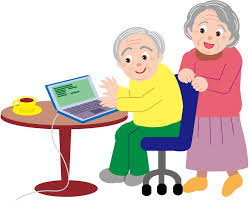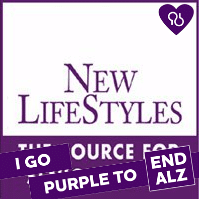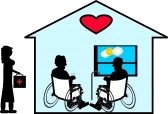
Fort Worth offers activities and care services for aging residents. New LifeStyles can connect you to local events and care service providers local to you!
Ft. Worth and the surrounding area is a great place to age. Seniors have many living & care options, events, resources, and more. At New LifeStyles, we promote local events and care services so seniors in Fort Worth can get out and socialize in addition to knowing where and how to contact the top care facilities.
- Senior Care in Fort Worth
Ft. Worth, with its friendly downtown area, Arlington and the surrounding mid-cities and suburbs boast numerous senior living options, from high end CCRC’s and retirement communities, affordable independent living, assisted living in a large community or small home, nursing care and rehabilitation, and Memory Care for those with Alzheimer’s and other dementia related illnesses. If a senior chooses to age in place, help in the home is available thru home care, home health care, sitter services and respite care thru a day program or short visit at a community. Finally, there are many hospice care providers to help the patient and family when the end is near.
- Activities and Things to Do for Seniors in Fort Worth
Ft. Worth is known for its famous Mayfest and Stock Show & Rodeo, but there are also many expos, seminars, health fairs, and more for seniors in Tarrant, Parker, Johnson and Hood Counties, from the annual Walk to End Alzheimer’s, and many seminars hosted by the local Alzheimer’s Association, to the annual Empowering Seniors and Senior Synergy Expos. And don’t forget that you can watch the Rangers & Cowboys home games in Arlington.
- Senior Services for Aging Adults in Fort Worth, TX
Like most major cities, Ft. Worth offers a host of award winning medical facilities and doctors. There are numerous senior programs at local hospitals like JPS and Baylor Scott & White. Tarrant County also boast many great non-profit associations to help seniors and their families, including Meals on Wheels, The Parkinson’s Association, the above mentioned Alzheimer’s Association, and more. There are about 50 senior centers in Tarrant, Parker, Johnson and Hood Counties. The Tarrant County Area Agency on Aging & the long term care ombudsman are there to hhttps://www.jpshealthnet.org/location/john-peter-smith-hospitalelp answer questions and get you the information you need.
Seniors considering retirement in Fort Worth will enjoy the warm weather, low costs, and wide selection of active adult communities. Retire in Fort Worth where you get the friendly old west feeling, with all of the amenities of a modern city. Browse our local listings today!



